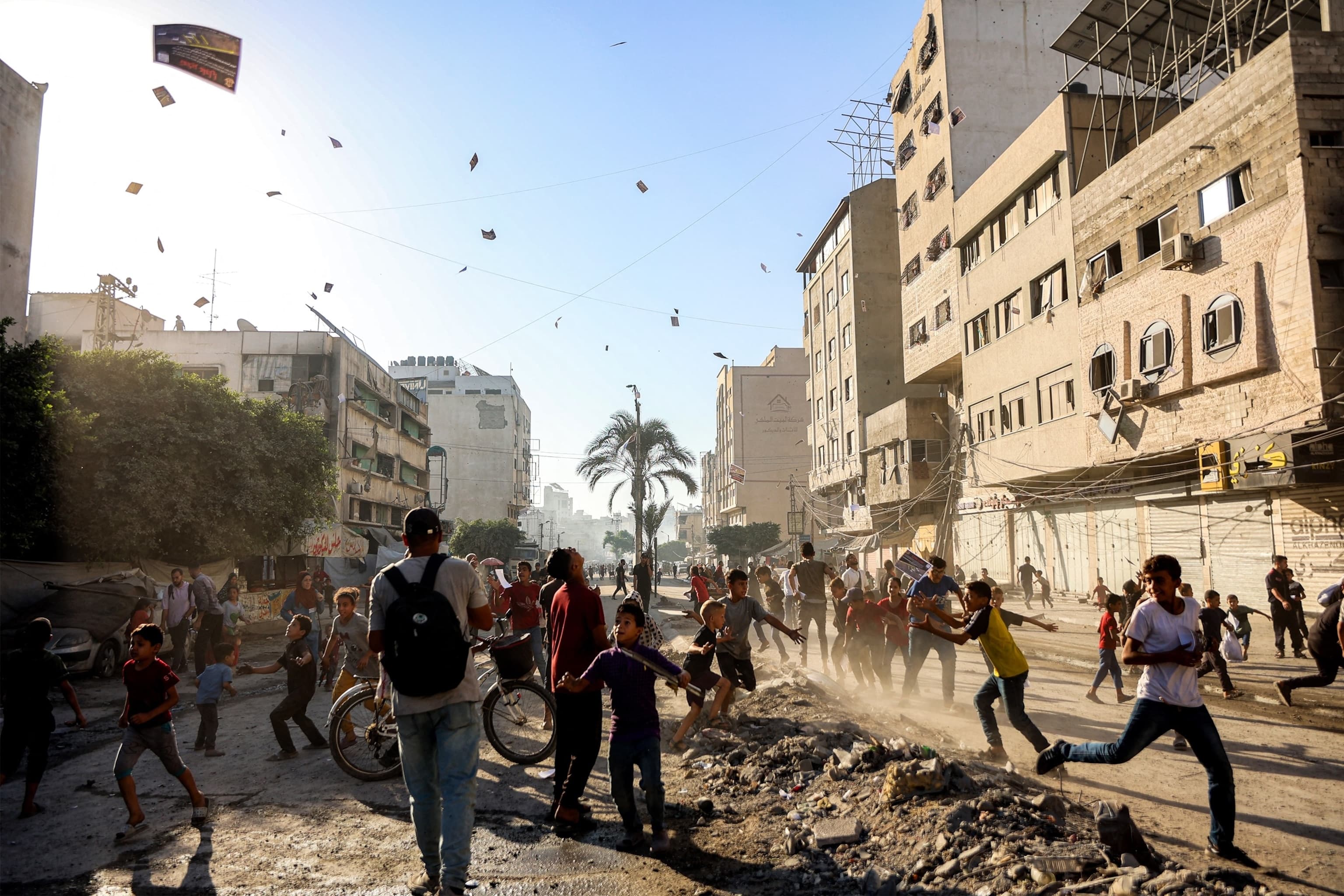750,000 Palestinians Evacuate Gaza City Following IDF Warnings

An estimated 750,000 Palestinians have evacuated Gaza City following warnings from the Israel Defense Forces (IDF) to move out of harm's way. The mass displacement comes as the IDF announced intentions to operate "with great force" within the city, a key development in the ongoing conflict. This large-scale movement of people significantly escalates the humanitarian challenges in the already besieged enclave.
The evacuation order, issued by the IDF, directed residents of Gaza City and its neighborhoods to travel south towards Al-Mawasi, an area designated as a humanitarian zone. An IDF spokesperson, Avichay Adraee, stated on social media that "Staying in the city is extremely dangerous," echoing warnings from Prime Minister Benjamin Netanyahu. These directives are part of Israel's military objective to eliminate Hamas, which it has been fighting in Gaza since October 2023.
However, the rapid and vast displacement has intensified an already dire humanitarian crisis. Past evacuations have frequently led to severe overcrowding, critical shortages of food, water, and shelter, and a lack of essential services in designated "safe zones." Reports from previous displacements indicate that such zones often lack adequate infrastructure to support large populations, leading to widespread suffering and health concerns.
The legality and effectiveness of these mass evacuation orders have drawn significant international scrutiny. Human rights organizations and legal experts have previously raised concerns that such directives, particularly when coupled with attacks on evacuation routes or designated safe areas, could constitute forced displacement, a potential war crime under international humanitarian law. Critics argue that the warnings are often confusing, contradictory, and do not guarantee safety or access to basic necessities for civilians.
The current evacuation of 750,000 people represents a substantial portion of Gaza City's population, adding to the millions already displaced across the Gaza Strip since the conflict began. This continuous cycle of displacement has been compared by some Palestinians and observers to the "Nakba" of 1948, highlighting deep-seated fears of permanent expulsion and the profound impact on civilian lives.